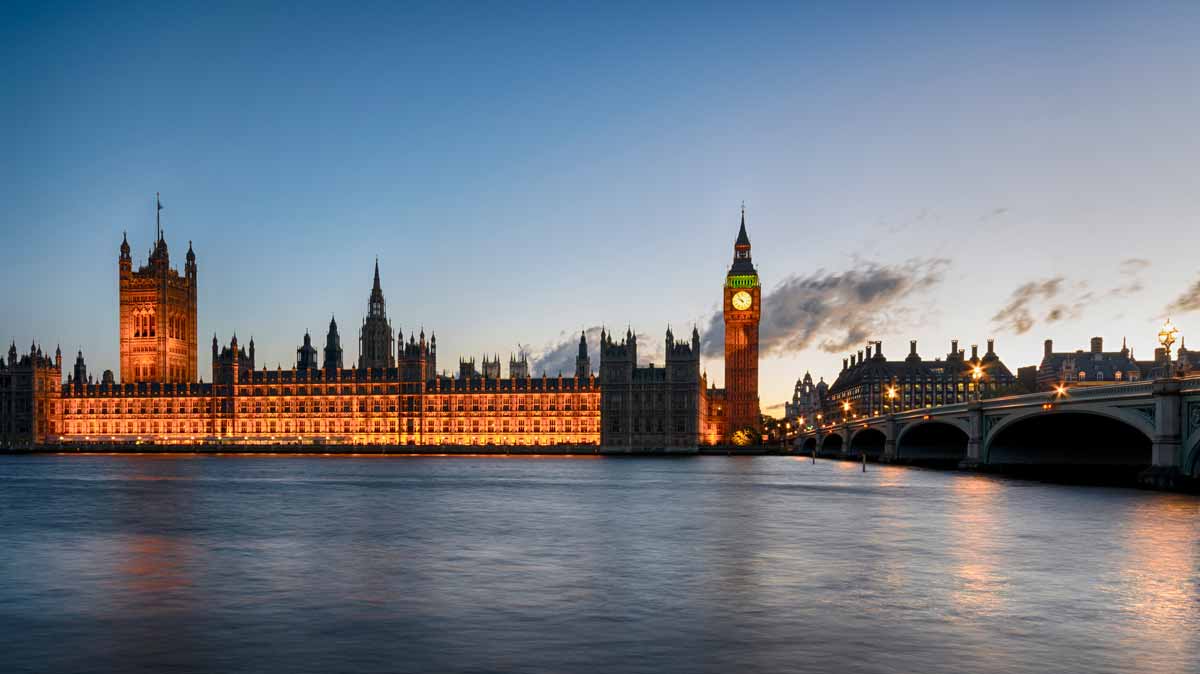It is impossible to deny the enormous impact that young voters had on the result of the 2017 general election. The so-called ‘youthquake’, by some estimates, saw the highest number of those aged 18-24 voting in 25 years, with reports suggesting that turnout among young adults was around 60%. Even if these figures have been criticised as exaggeration by some critics, there is no denying that voter turnout among younger generations increased significantly in last year’s general election.
And what an impact it had! Despite Labour remaining in opposition, Theresa May and the Conservative Party threw their majority away in favour of a hung parliament, barely managing to cling onto power. All this has showed us what young voters are capable of achieving. And yet, when it comes to local and European elections, youth turnout can be lower than 20%. According to the electoral commission, nearly half of 18-34-year-olds said that they did not have enough information to vote. This reflects the general apathy that the whole country feels – only a third of the UK bother to vote in local elections at all.
This seems bizarre, given the brutal cuts to local government funding seen under the Conservatives. Especially in cities like Hull, ensuring that people vote in local elections is vital. In this city, 1 in every 3 pounds has been lost to cuts since 2010. This has a hugely negative impact on the lives of residents, with Hull City Council forced to cut funding to the much-needed Children and Young Person’s Services and Adult Social Care services. Cuts of £37.2 million to the Children and Young Person’s Service have made the lived of the 20,000 children in Hull who live below the poverty line even harder.
And it’s not just children’s services that are feeling the pressure. Spending on help for vulnerable people with physical and mental disabilities in 2016/17 was down almost 10 million from the amount spent in 2014/15, with the council looking to save an extra 16 million by 2020. Proposed cuts to spending on Hull’s public health services are estimated at £2.5 million, with cuts being made to drug and alcohol services, weight management services and sexual health advice.
And this isn’t only a local problem. A survey of councils by the Local Government Information Unit thinktank found that three-quarters of councils in England and Wales had little faith in local government finances, and that there was also significant concern from some councils that they would become unable to meet legal requirements to deliver core services. In 2017, a shocking 94% of councils intended to increase council tax to meet costs. At the end of 2017, the Local Government Association said that councils will see their central funding cut by £2.7 billion between 2018/19 and 2019/20. This means that council funding could be halved in the next two years.
So, what do all these statistics have to do with local election turnout? These cuts are the result of a government that is detached from reality, who do not recognise how many people depend on vital public services. By starving councils of funding, they are unable to provide these essential services, or forced to scale them back, something which puts the most vulnerable in society at risk. Especially in cities such as Hull, which have significant deprivation, support for local councils is needed more than ever. Local elections give local people the chance to voice their concerns within their community. A meaningful vote for councillors who have your best interests at heart can truly make a world of difference in how councils spend their budgets, allowing local people to ensure that their councils are working in their best interests. Not only that, but local elections give an excellent indication of national politics, meaning that your local vote is heard by politicians, policy makers, and media across the country.
And it is the youth vote that has the power to change things. Large youth turnout forces councils to listen – after all, if you’re the ones who voted them in, they’re likely to act in your best interests. You don’t need to know the ins and outs of Westminster party politics to vote in local elections. You don’t need to know everything about every policy of the party you’re voting for. You just need to know what matters to you, as a member of the local community, and what changes you’d like to see in your local area.
On 3rd May, you can show your support for a fairer, more equal society, by casting your vote in the local elections. There’s no need to wait for a general election to make your voice heard.
By Isabelle Kennedy
The deadline to register to vote in 3rd May elections is 17th April.
The deadline to apply for, change, or cancel a postal or proxy vote in 3rd May elections is 5pm, Wednesday 18th April.


